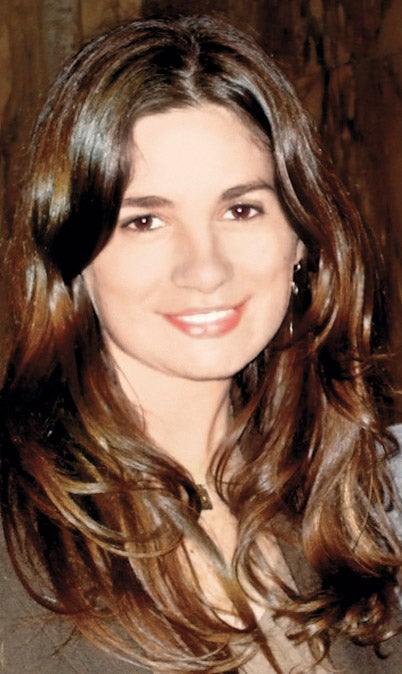Coercive interrogations inflict discomfort or pain with the goal of eliciting information. Yet all too often, says Deborah Popowski ’08, those involved in such interrogations are supposed to be helping people, not hurting them.
Since earning her law degree, Popowski has focused on the role of medical professionals in abusive interrogations, first with the Center for Constitutional Rights and now as the Skirball Fellow for HLS’s Human Rights Program. In that role, she advocates for legislation that would make it easier for state licensing boards to sanction health professionals. She currently is supervising clinical students on public education advocacy related to legal action seeking to compel the Louisiana State Board of Examiners of Psychologists to investigate psychologist and retired U.S. Army colonel Larry C. James, a former adviser on interrogations for the U.S. military in Guantánamo Bay and Abu Ghraib. She also raises public awareness of violations of professional ethics through When Healers Harm.
“I think anyone participating in torture is problematic,” she says, “but when you have people engaged in professions that have a stated higher calling like the law and medicine, it becomes particularly problematic.”
For health professionals, the problems go to the very nature of their profession, Popowski says. She cites the case of James Mitchell and Bruce Jessen, psychologists who after 9/11 designed the CIA’s interrogation practices, for which they “reverse engineered” a program originally developed for U.S. personnel to resist treatment such as waterboarding and sleep deprivation.
“They’re using these skills that were taught to them for the purpose of doing good to develop a system of torture for the U.S. government,” she says.
In other instances, medical professionals have been found to participate in forced feeding and drugging, providing care contingent on cooperation in interrogation and administering unnecessary medical procedures, according to Popowski. Those who have played a role in such treatment have escaped accountability for actions that contravene both professional codes of conduct and the U.N. Principles of Medical Ethics, she says.
Popowski is trying to change that by advocating legislation such as a proposed bill in New York State that would prohibit health professionals from being involved with abuse of prisoners. The bill, for which Harvard Law students assisted with legislative analysis and legal research, would establish new grounds for disciplining health professionals, she says, with the license to practice of culpable health professionals at risk. She also contends that professional associations, particularly the American Psychological Association, have largely failed to take a forceful public stand against violations of standards.
That is not something that can be said about Popowski. Her fellowship continues a commitment to activism that she demonstrated as a law student, when she protested Bush administration policies on detainee treatment and military commissions. In her 3L year, she attended a Human Rights Program workshop on health professionals and human rights. (The conference led to the HRP book “Interrogations, Forced Feedings, and the Role of Health Professionals” as well as the legislative project.)
She is pleased to have the opportunity to return to HRP, a haven to her as a student, she says, because of the faculty and students who share her longtime commitment to social justice. As the granddaughter of Holocaust survivors and a native of Argentina born during the country’s dictatorship in the 1970s, she says she was aware while growing up of the dangers of authoritarianism and oppression.
“Knowing this history gives you a frame of reference,” says Popowski. “You know that things can get really bad, and you’re aware of how they get there. And you know it’s always about someone else, until it’s about you.”
